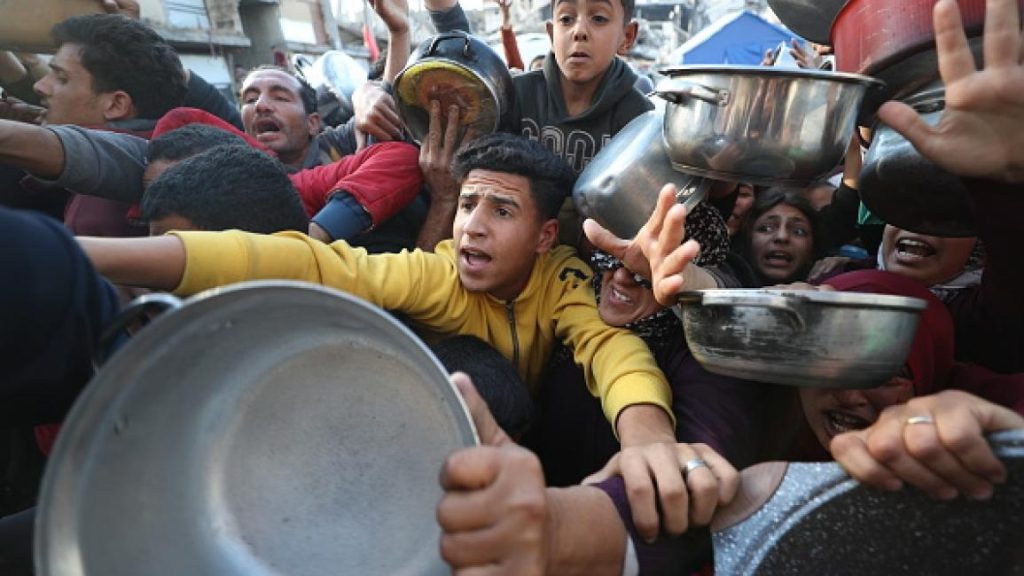Watan-Mirjana Spoljaric Egger, President of the International Committee of the Red Cross, described the humanitarian situation in Gaza on Friday as “hell on earth” and warned that supplies at the committee’s field hospital would run out within two weeks.
Speaking to Reuters from the ICRC headquarters in Geneva, she said:“We now find ourselves in a situation I must describe as hell on earth… People in many areas have no access to water, electricity, or food.”
No humanitarian supplies have entered Gaza since Israeli forces blocked truck entry on March 2, at a time when talks on the next phase of a now-defunct ceasefire agreement had stalled. Israel resumed its military assault on March 18.


The Red Cross President also expressed concern over the safety of humanitarian operations. “Movement of the population is extremely dangerous, but it’s especially risky for our work,” she said.
Last month, the bodies of 15 medics and emergency workers—including eight from the Palestinian Red Cresce were found in a mass grave in southern Gaza. The United Nations and the Red Crescent accused Israeli forces of killing them. On Monday, the Israeli military said a preliminary investigation showed the incident occurred “due to a perceived threat,” claiming that six Hamas members were identified in the area.
Spoljaric called for an immediate ceasefire to enable the release of remaining hostages held by Hamas and to address the severe humanitarian crisis in the Strip.
